
There is so much talk about what makes great leaders and how we can all learn from them – their successes, failures, wins, and mistakes. The leaders that I admire have always been able to make a group of people feel extremely confident and comfortable with who they are and using their own voice. It isn’t the leader’s voice that is important, it is those who they lead.
This month we celebrate Pride and an opportunity to create a positive platform for anyone in the LGBTQ community. I am proud of how the team has stood by this community and all that it represents. They are all the true leaders in this fight against discrimination. Their stories are important and their answers made me reflect on how I can best be a positive force in the working environment.
With that said, we found it important to share insights from some of our employees. Please read them as they are from the heart and filled with the right mix of emotion, understanding, and self-reflection. I am PROUD of the team for answering with honesty and vulnerability. Few are able to do those things, and that is the mark of a true leader.
-AJ Bruno
Founder/CEO
What is your role at QuotaPath and how is Pride month meaningful to you?
Marguerite Hamilton: I am a front-end engineer at QuotaPath. Pride month is meaningful to me because people should be allowed to love freely and openly, without fear of retribution or of having rights stripped from them. As Lin-Manuel Miranda said, “love is love is love is love is love is love is love is love”. In the world we live in, where it’s easy to get swept up by fear and hate, we need to remember that, not just during Pride month, but every day.
Mariclare (MC) Hall: I’m QuotaPath’s Product Manager. Pride month is meaningful to me because it’s recognized for and by my community.
Ralph Pierre-Louis: As Head of Design, my role is to lead the conversation and vision around our experiences and products. Pride month is meaningful to me because it acknowledges and continues to drive the fight for equality. It’s also amazing to see so many different people and companies come together in support of a common theme while there’s so much in the world working to divide us.
Darby Dupre: My official title at QuotaPath is Product Operations Manager but I do so much more than that! I have my hand in everything from marketing, recruiting, operations, to HR. Pride month to me is a time to celebrate love, uniqueness, and acceptance. It’s a celebration of how far we’ve come and a tribute of respect to all those that have fought to get us where we are today. Pride is a time where my community can be unabashedly open about who we are and the love we have to give.
Henry Steinberg: My name is Henry and I’m a front-end engineer. Pride is important to me as a gay man because, well, it’s nice to have an opportunity to center that part of my identity visibly – and not just center it but celebrate it. It’s also an important time to remember that queer liberation is an ongoing struggle and something that we need to actively fight for, and something that we are continuing to fight for.
How has the LGBTQ tech community evolved in the last 5 years?
MC: In the tech world (and I hope beyond it), it’s becoming more common to see job postings and company handbooks with equal opportunity commitments, nondiscrimination policies, and encouragement for LGBTQ+ individuals to apply. This is important because, in most states, people can be fired from their jobs, not hired in the first place, or targeted at work for being gay or trans. That’s terrifying in 2019 when there are no protections for sexual orientation or gender identity on a federal level.
Increasingly, digital platforms are receiving scrutiny by legal parties and civil rights groups for the way their design and content excludes certain audiences. While this discourse is mostly centered around the Americans with Disabilities Act and the publicly funded web, it’s definitely jolted some employers to start thinking seriously about diversifying their staff.
I think the conversation has also started to change: at events and conferences folks talk more and more about the intentionality required to create an inclusive workplace. And it seems like attendance is growing in LGBTQ-centric tech groups.
Tech is also becoming more popular a career path and more common an area of study in colleges and universities. That means that the applicant pool is getting bigger in general, and with it I’d assume the tech community is expanding in terms of sexual and gender diversity.
All of that said, most tech teams I’ve seen or been a part of still look fairly homogeneous to me. Increasing awareness is huge but action is always slower.
Darby: I think five years ago the focus was mostly on gender diversity in STEM, but what about LGBTQ+, people of color, and other marginalized groups? There’s been a lack of representation but the focus is shifting. Slews of headlines surrounding discrimination, harassment, and unsafe working environments in major tech companies like Uber and Facebook have caused tech companies to wake up. Stricter employee policies, anti-discriminatory clauses in hiring and handbooks, and other means of protection for our community are a result of this.
Today there are more tech jobs than ever and more opportunity to be educated in STEM from an earlier age (15 year-olds teaching themselves Python!!) It’s my assumption and hope that the percentage of queer representation will increase as jobs increase, as well as the thought and intentionality of creating a culture where queer people can thrive.
What values does QuotaPath instill to support the LGBTQ community?
Henry: QuotaPath as a company promotes an environment of inclusivity and empathy. As a big loud gay man, I’ve never once felt like I’ve had to edit myself or be anyone other than I am and that’s really special. Everyone here treats each other with compassion and respect.
MC: I like to get really meta about QuotaPath’s value proposition as a product and its relationship to our work culture. It’s clear from the product, the office, the meetings, and the Slack threads that we care about empowering the individual. This is meaningful to me when I think about how it applies to all aspects of my identity and experience.
As a startup where established trust can help you work quickly amidst high risk, QuotaPath really values employee referrals. I was put in touch personally by folks I’d worked with previously who have become friends of mine. This made me feel welcomed and connected immediately.
Ultimately, I joined QuotaPath as the tenth hire knowing that there were other queer full-time employees. This felt unprecedented to me. I was excited to be a part of a small team where I wouldn’t be the only queer person. You might be surprised by how defining an experience that can be — and by how commonplace it is.
Have you ever had to speak up or take action on something that’s transpired in your career in the workplace as it related to LGBTQ issues?
Darby: As queer people existing in a mostly cisgender, heterosexual world, we constantly fight the battle of ‘feeling exhausted from having to constantly explain/stand up for my identity’ VS. ‘feeling like it’s my active duty to educate and inform.’
Misgendering, misnaming, derogatory comments and remarks, presumed sexual and gender orientation, gender stereotyping, binary bathrooms and norms… these are things queer people have to deal with every day. This is no different in the workplace.
MC: My identity as a queer woman has unfailingly placed me at the center of unwanted attention, unsolicited questions, and uncomfortable situations at every job I’ve ever had.
As queer professionals, we’re often put in conflicting positions: protect ourselves and make sure our needs are met but at the same time, educate our colleagues on what needs we have and how to respect us.
Oftentimes, simple considerations not made by straight folks dramatically impact queer experience, job security, and access to resources in the workplace. It’s a really challenging line to walk because helping others to make these considerations often require managing up or drawing attention to something someone might feel defensive about.
What work needs to be done to increase LGBTQ representation in the tech community?
Ralph: I think we all need to do our part – as small as it may seem. Whether it’s updating existing/out-dated company policies and practices or not shying away when we’re faced with LGBTQ related topics. Regardless of how you identify, if you’re talented, passionate, and driven, you should have equal opportunity to sit at the table and make an impact in any industry.
MC: Exalt LGBTQ voices! Promote success stories. Make queer role models visible and aspirational to all, not just to the queer community. Recruit queer people to STEM disciplines. Listen to your queer coworkers, employ empathy for us, and believe the things we say. Reduce hostility in the workplace. Be sensitive, select language carefully, and create a mindful workplace we want to join. Don’t forget to pay attention to and build an audience around our work (it’s some of the best).
Henry: The short answer is a lot, but what’s really cool is that a lot is being done right now. Go to meetups, be vocal, get your face out there. Communicate throughout the year that your company is a safer space for folks all along the LGBTQ+ spectrum to be who they are, without having to worry about editing their identities.
Darby: Queer people deserve equal opportunities and resources in STEM. They deserve to have their voices and stories be heard. LBGTQ+ youth need to be encouraged to pursue jobs in STEM from an early age. We need more role models and accessibility! We need to address workplace culture and create safe working environments. People, regardless of their sexual orientation, gender expression, skin color, etc., should be able to contribute equally and feel like their contributions are being valued.


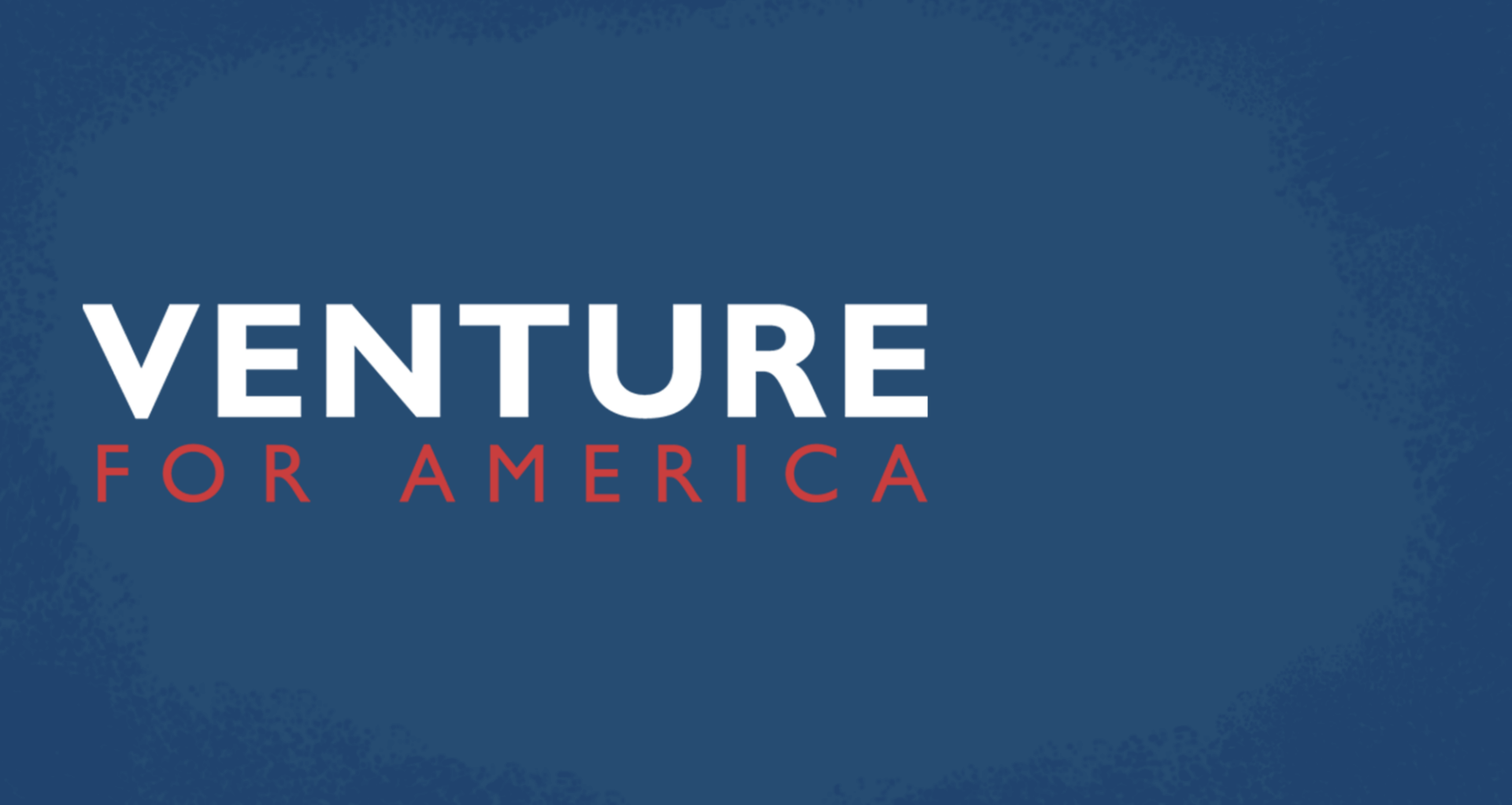
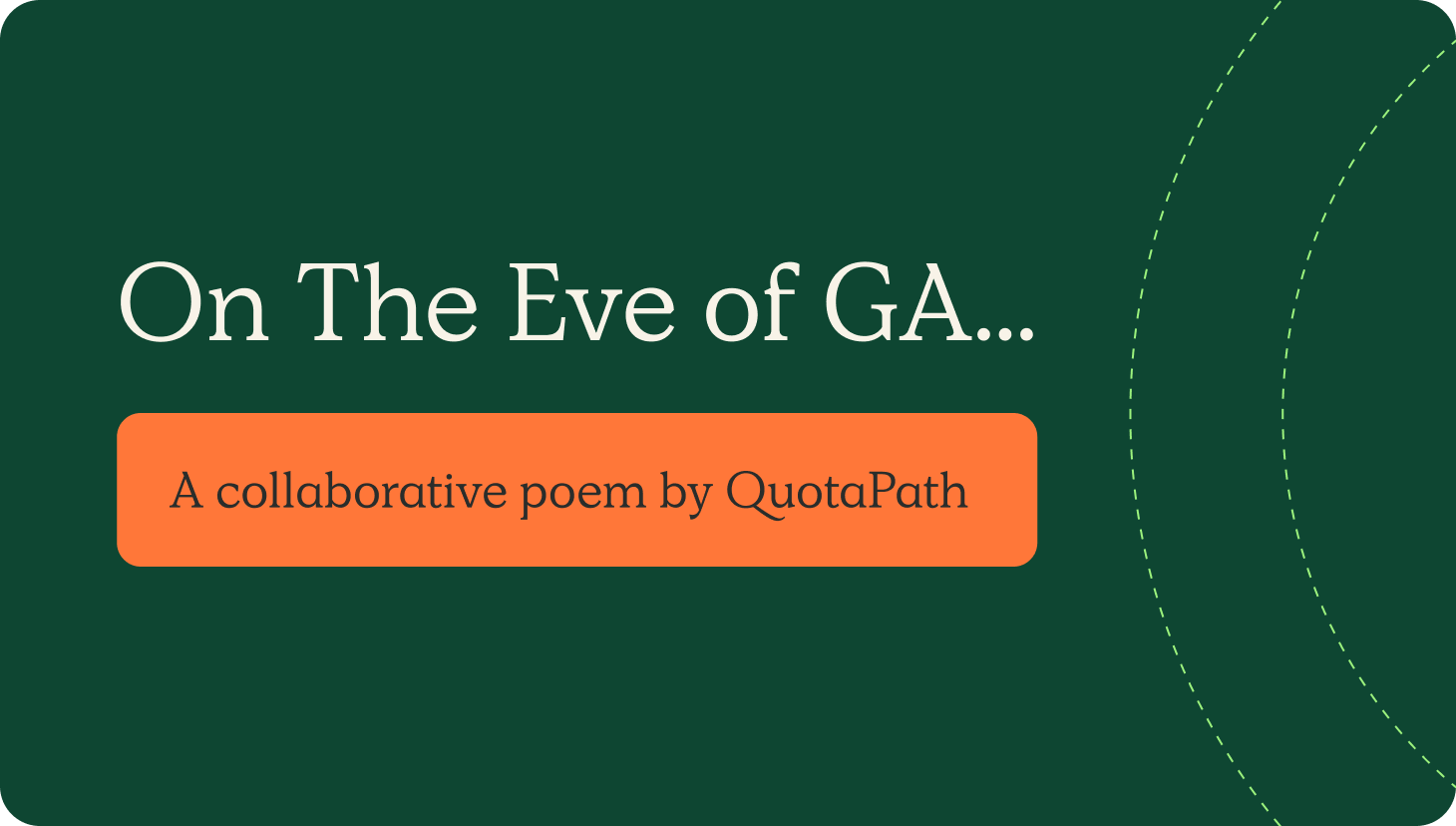
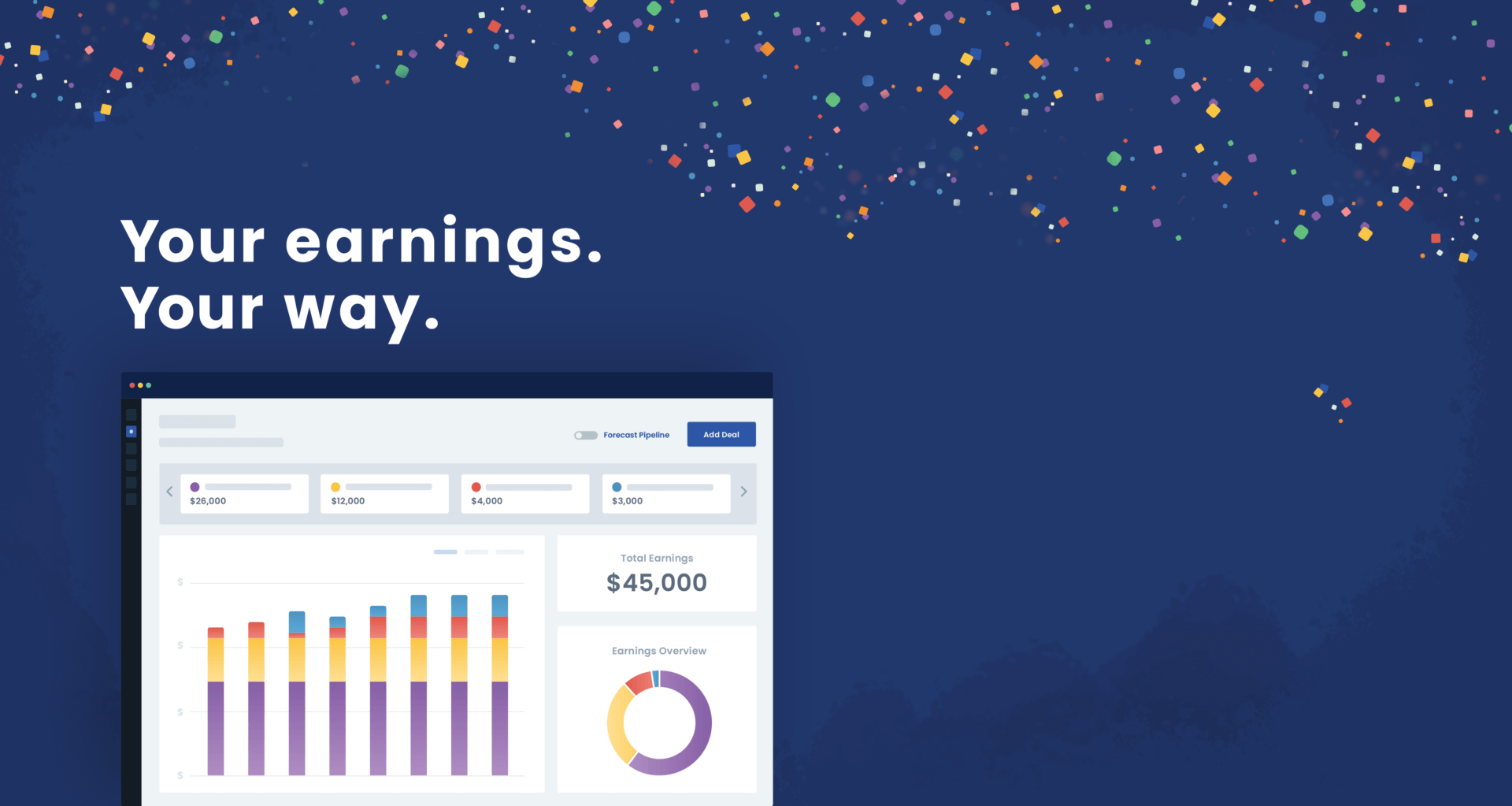

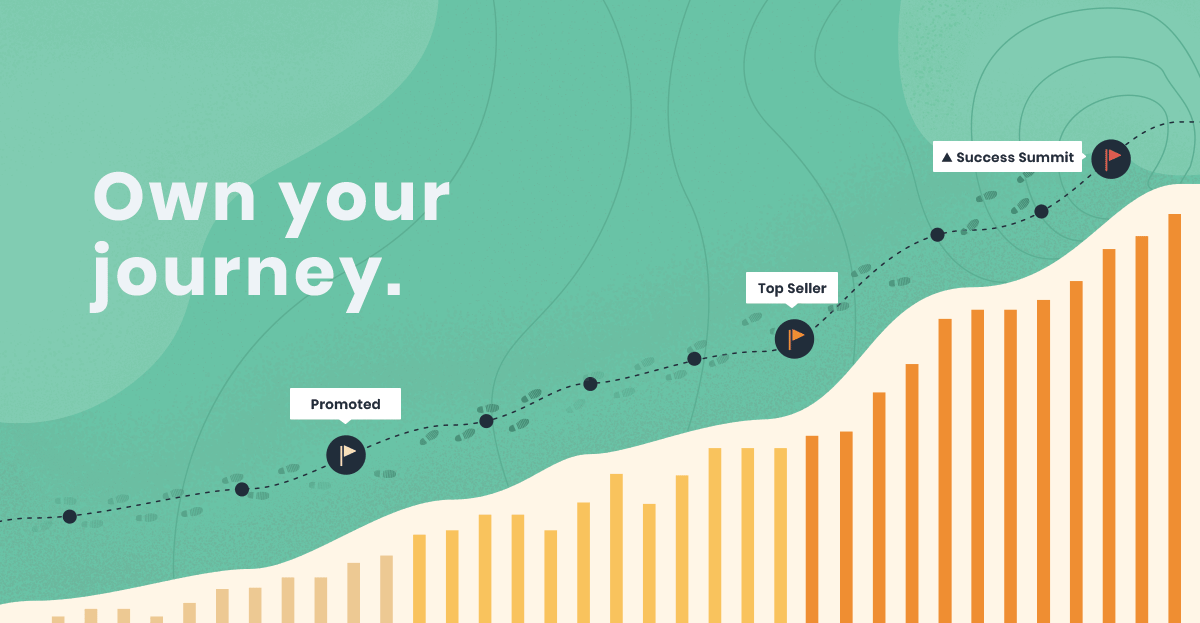




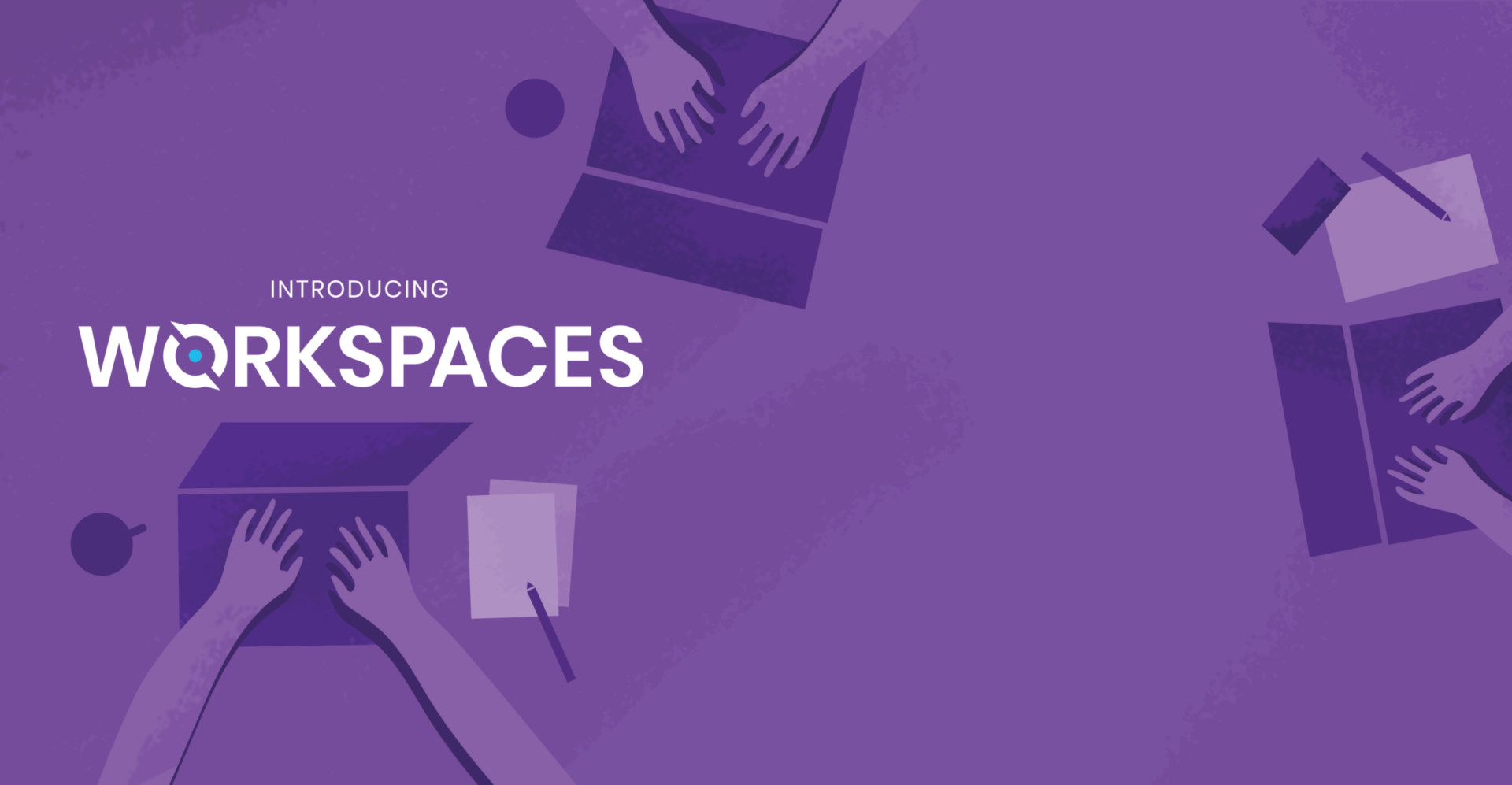
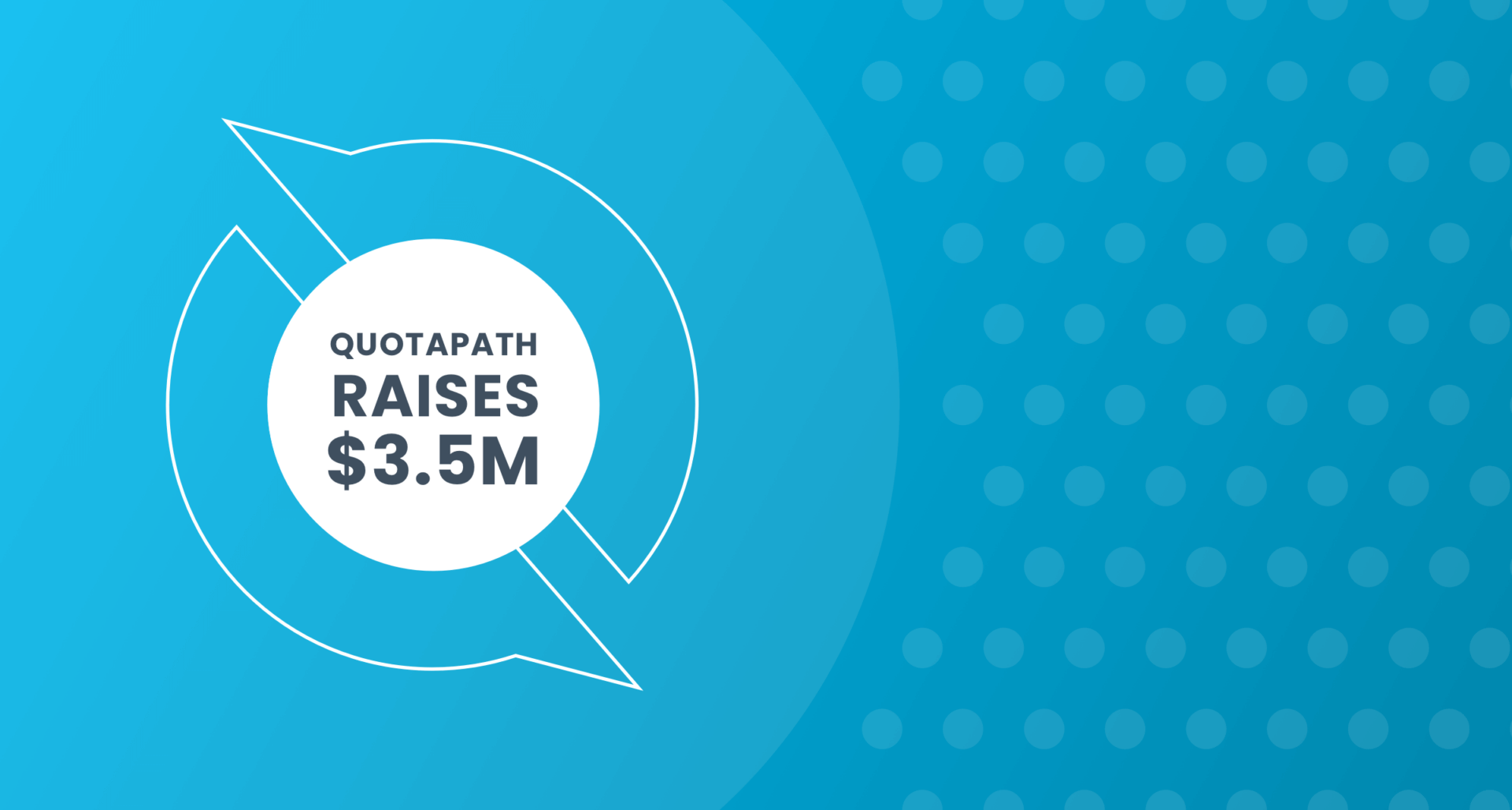
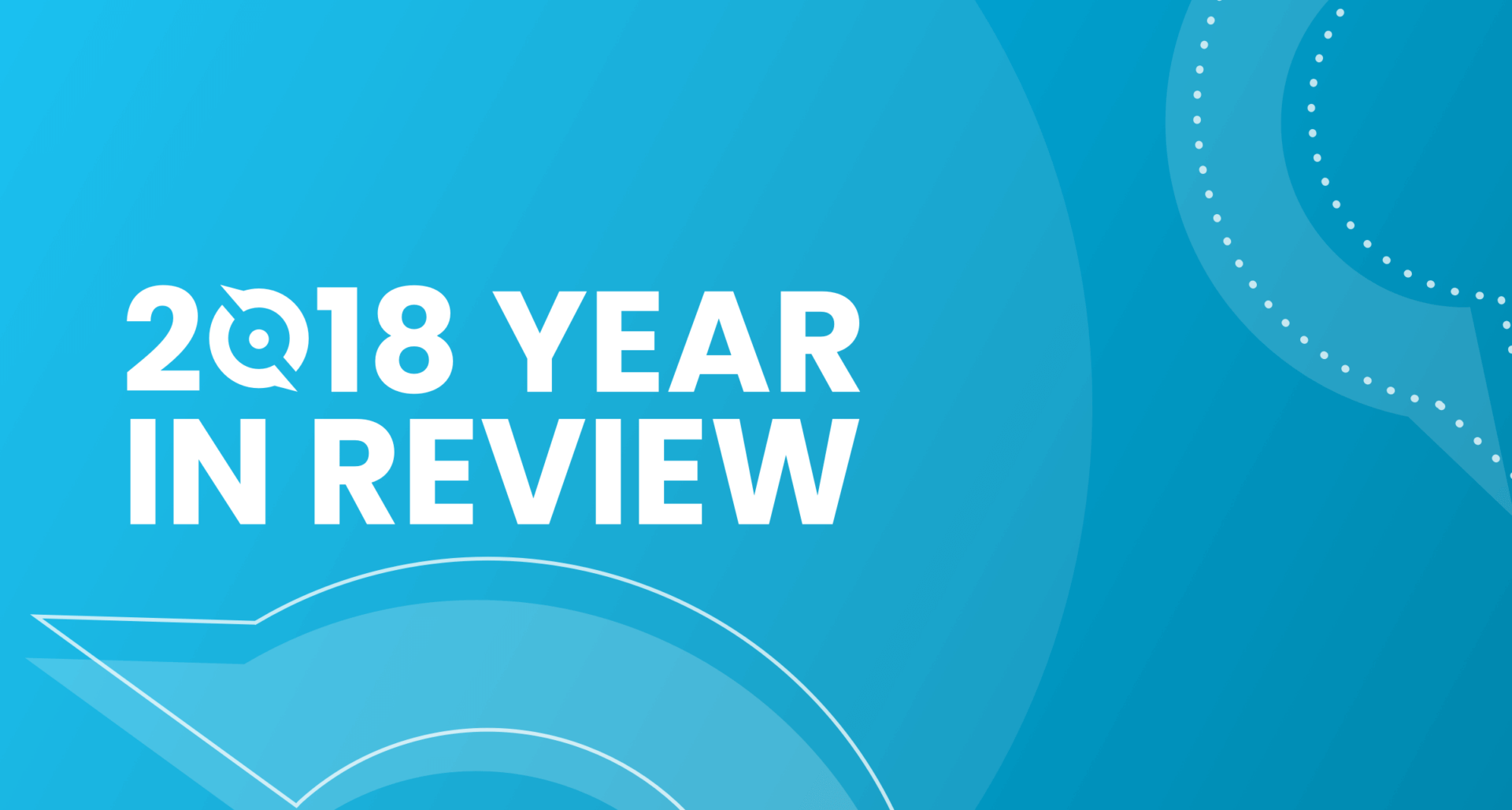
Recent Comments